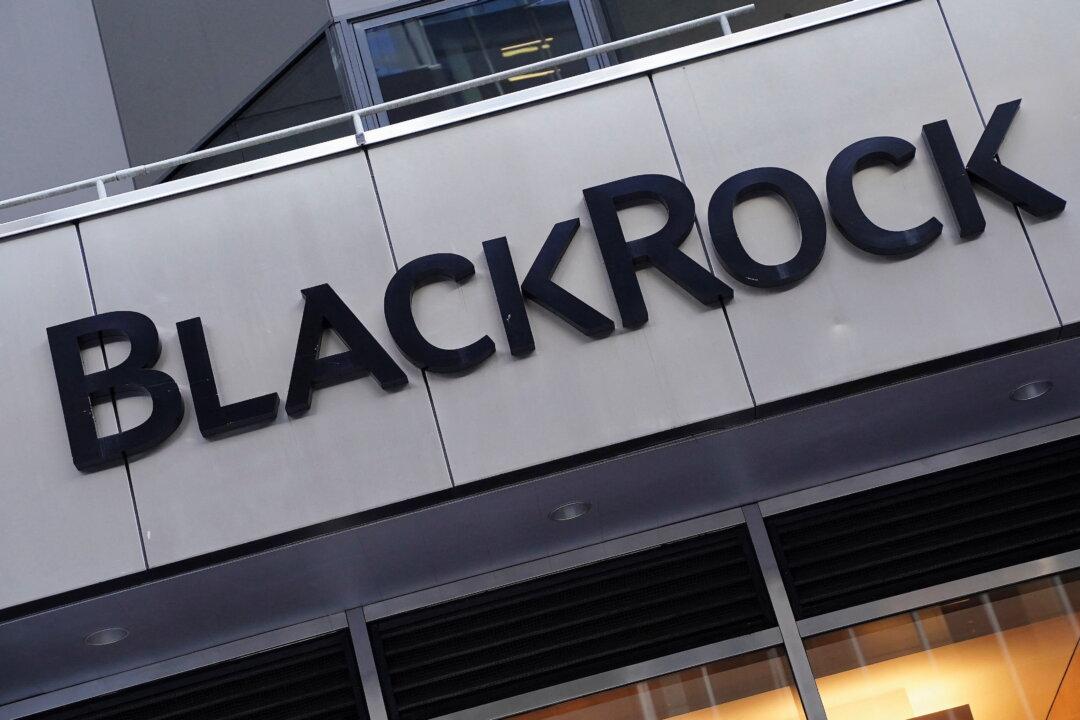Louisiana has informed BlackRock that the state will be liquidating all investments in the corporation, blaming it for the promotion of politically driven green energy—under environmental, social and governance (ESG) standards—over fossil fuels critical to the state’s economy.
“Your blatantly anti-fossil fuel policies would destroy Louisiana’s economy,” Treasurer John Schroder wrote (pdf), on Oct. 5, to Laurence Fink, CEO of BlackRock.





